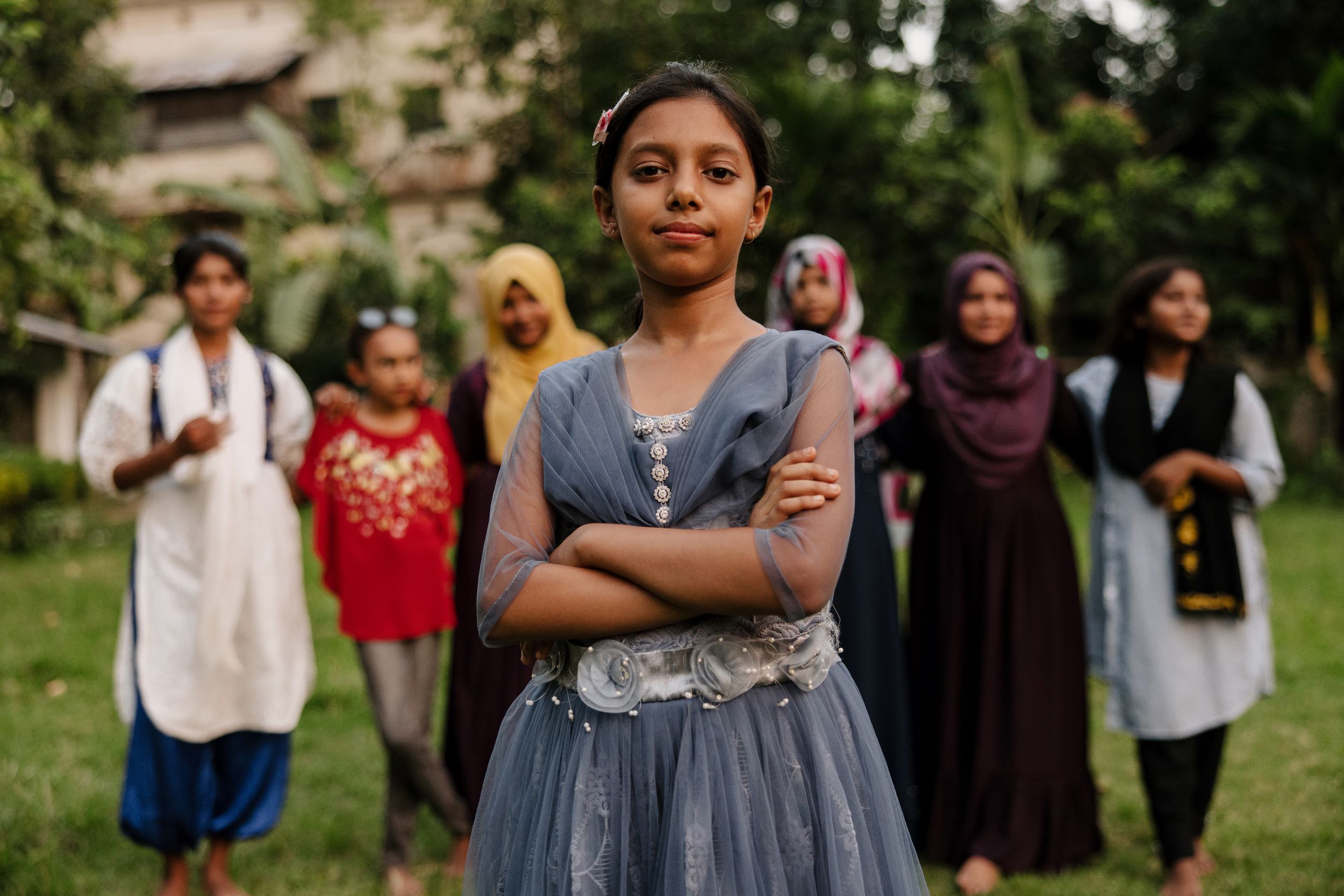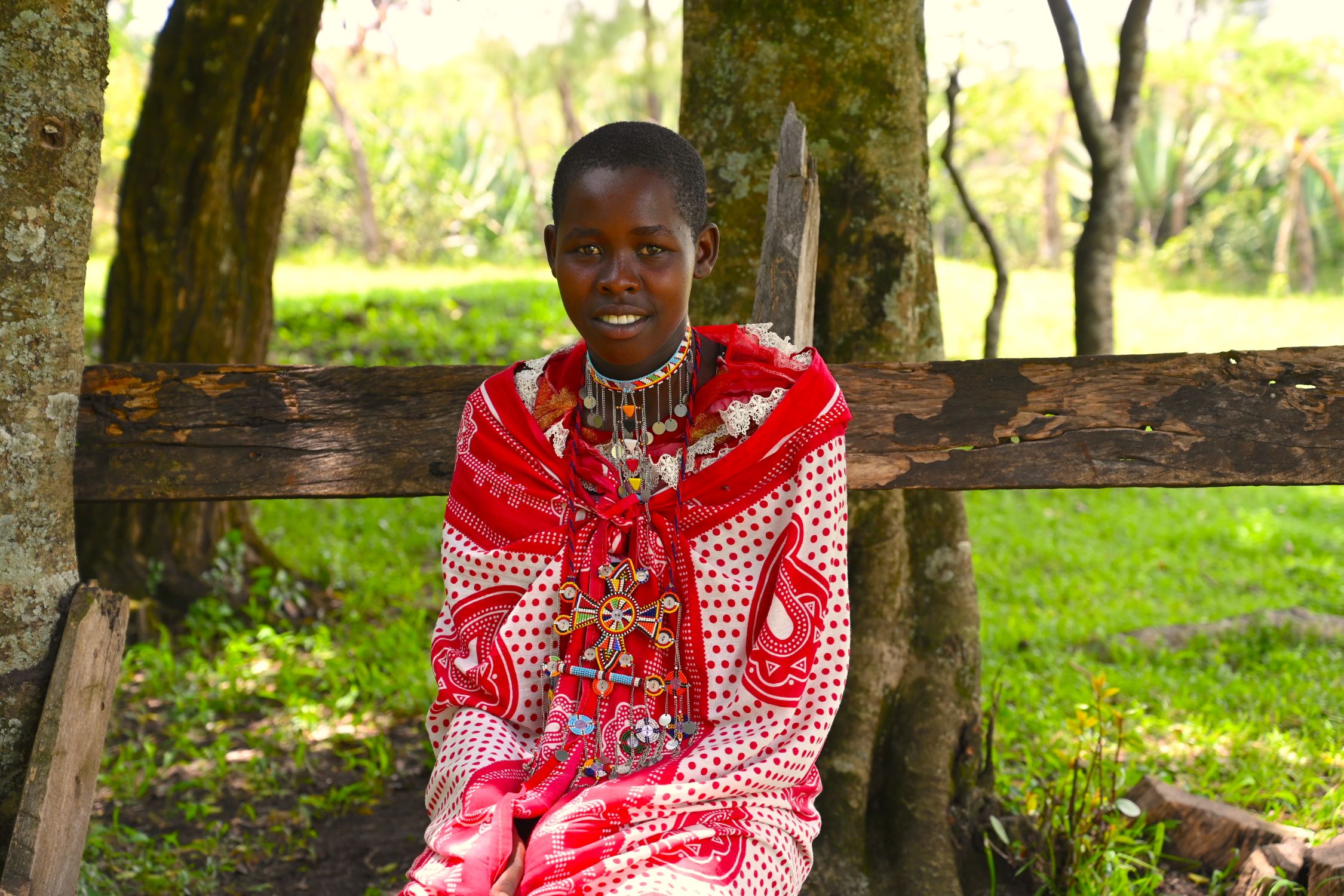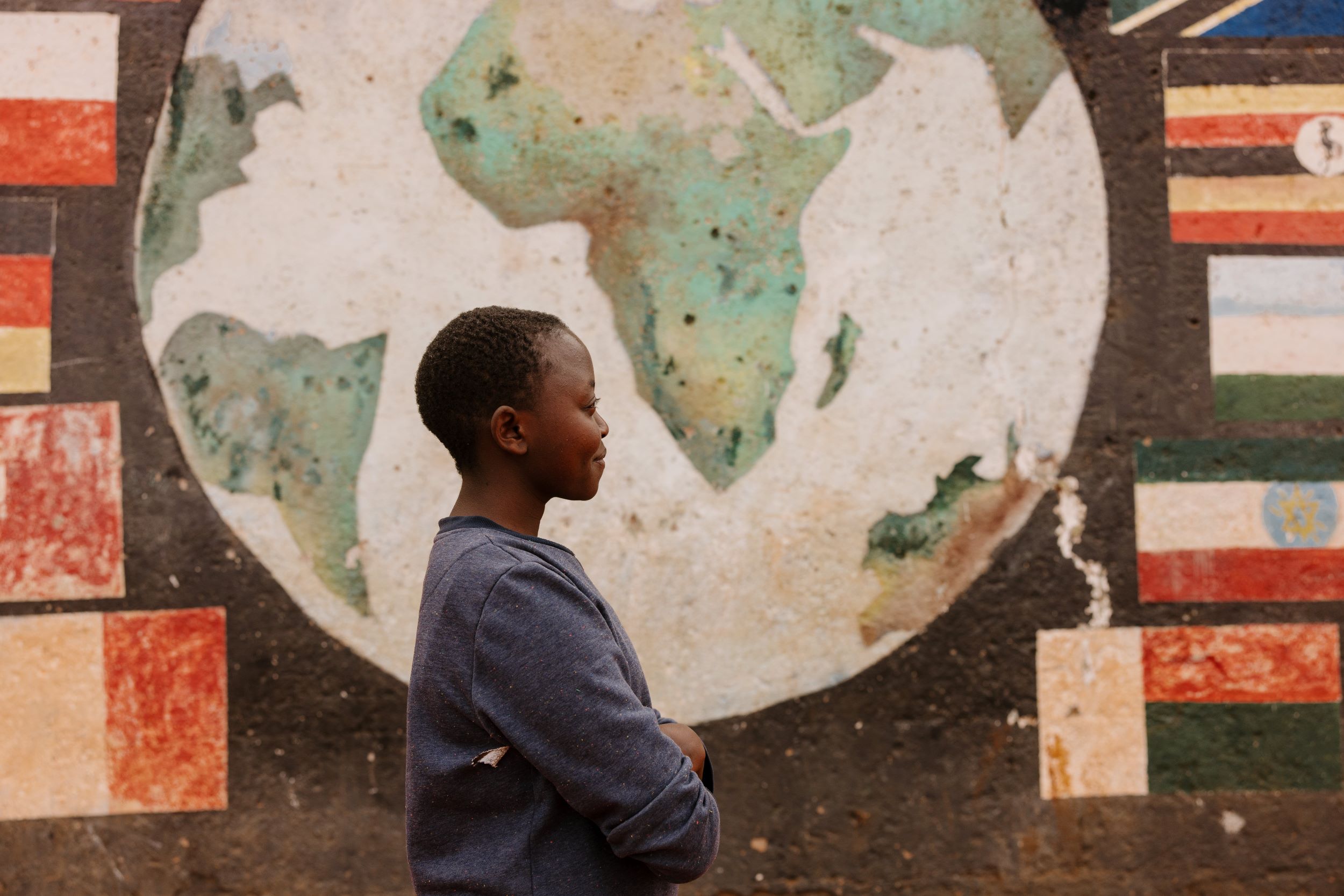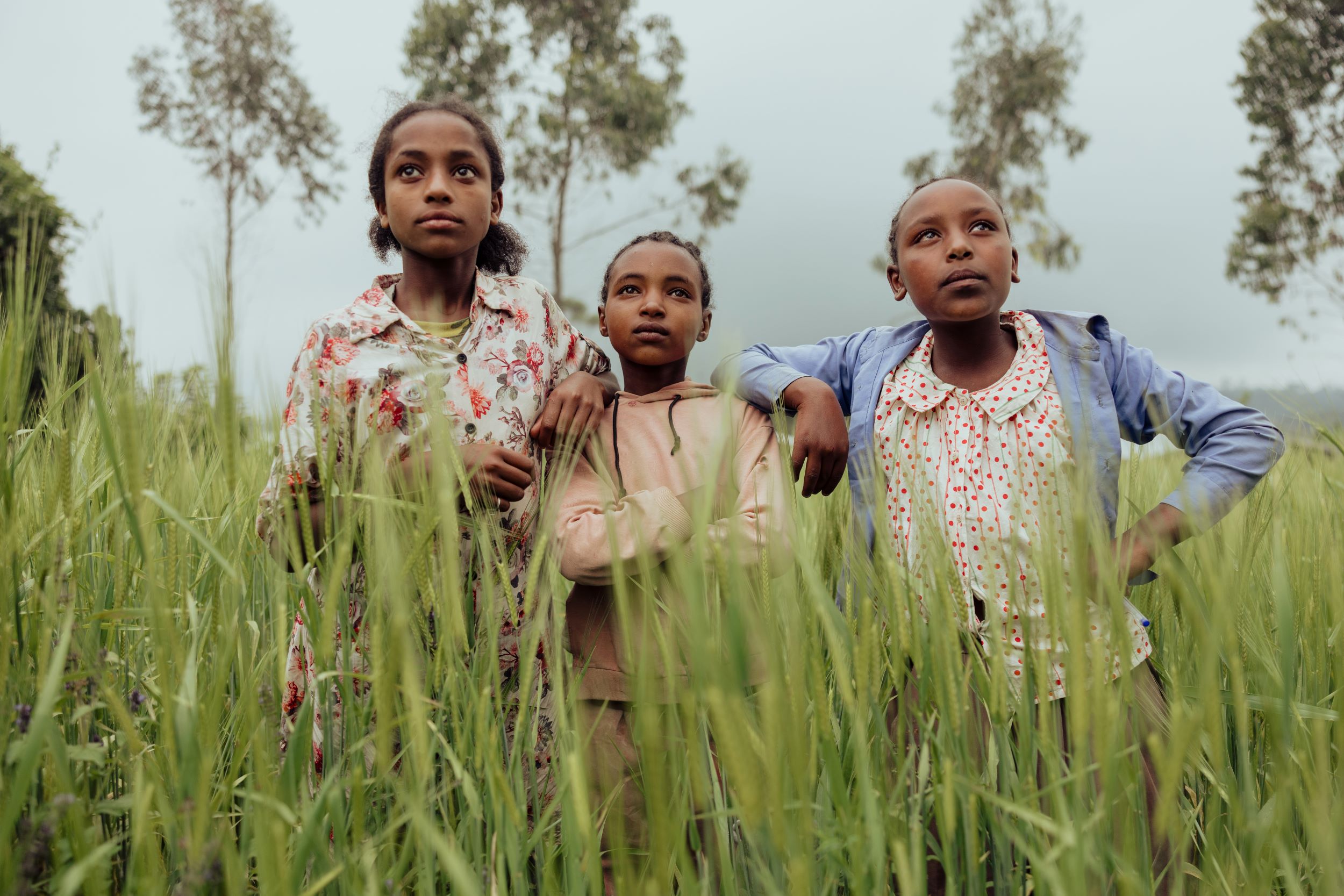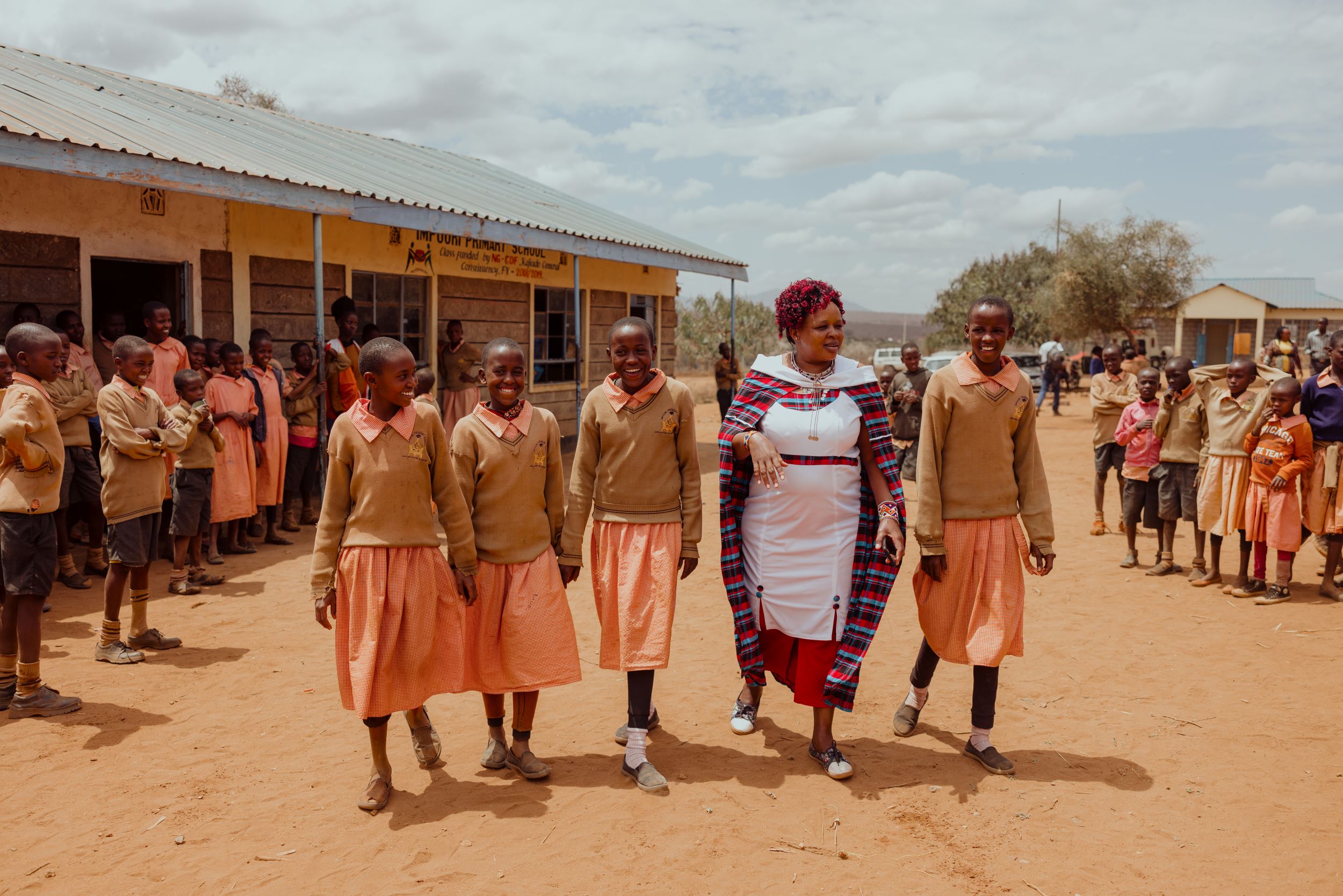
Stopping FGM, together
Through World Vision training, Peninah and Lente are fighting for girls’ rights.
Across the world today, more than 230 million women and girls are living with the consequences of female genital mutilation (FGM), a harmful procedure with absolutely no medical benefits.
In most cultures where FGM is practiced, it’s seen as a rite of passage into womanhood and is often followed by child marriage.
But the reality is that FGM is responsible for a number of health complications, some of which a woman carries for the rest of her life.
It’s also a violation of human rights. And it needs to be stopped.
Peninah’s fight to stop FGM
Twelve. That was Peninah’s age when she got ‘cut’ – another term for FGM.
Not long afterwards, Peninah married, going on to have four children.
Even after this, she didn’t question FGM’s place in her community. That came later, when Peninah’s daughter was sponsored through World Vision.
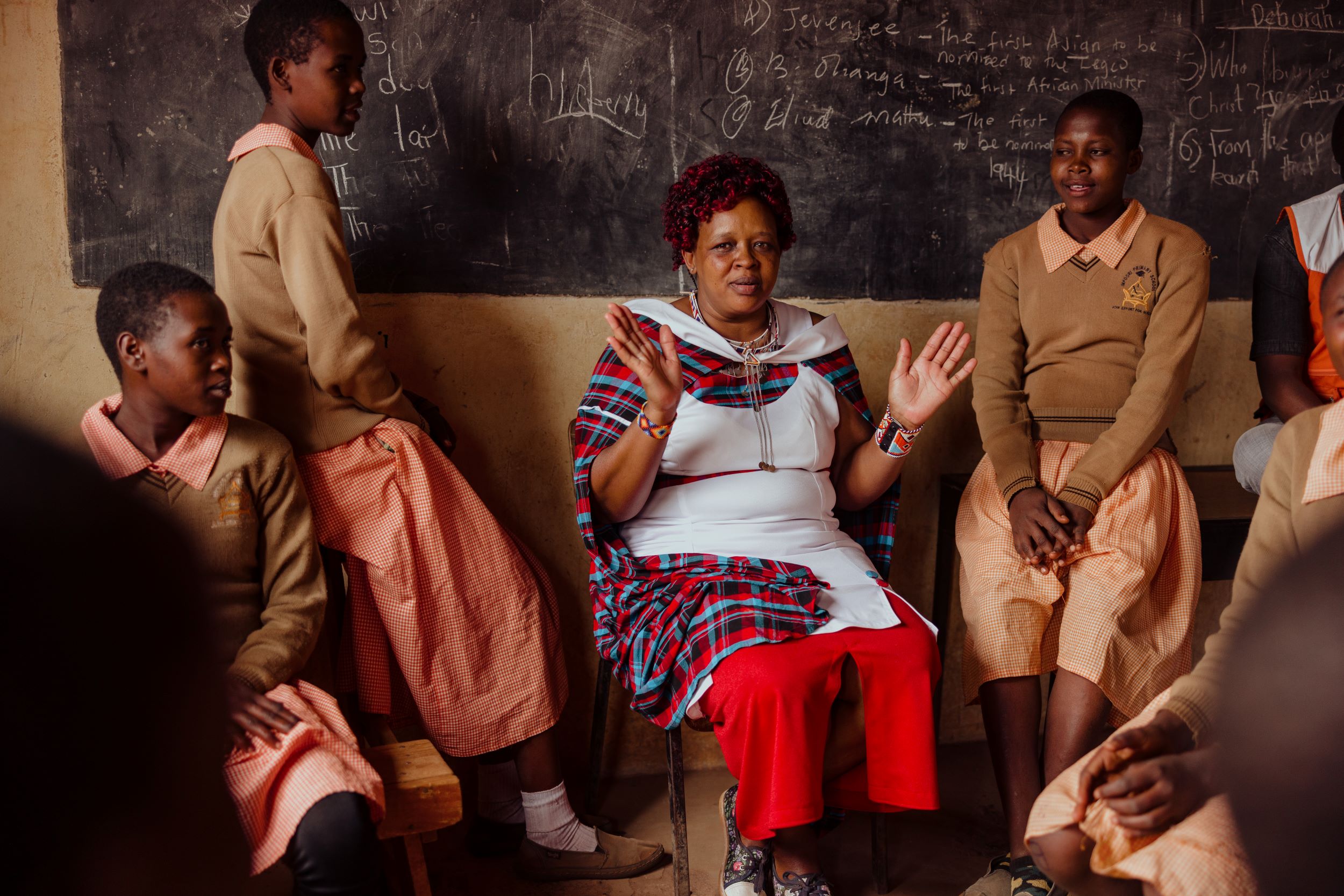
Emerging as an advocate
Peninah lives in Kenya, in a community where women are traditionally reliant on their husbands, socially as well as economically. People are fiercely proud of their well-preserved culture. Education, meanwhile – even for boys – is not prioritised or valued, effectively locking children in to following in their parents’ footsteps.
As the parent of a sponsored child, Peninah was given access to training on child protection and child rights. That’s when she learned about the harm caused by practices like FGM.
Equipped with this newfound knowledge, Peninah began to step up in opposition to this tradition. She began calling for change, fearlessly confronting dangerous, deep-rooted traditions in her community.
Peninah took on the role of community health volunteer, revealing the dangers of FGM and child marriage, while pushing for the protection of girls’ rights. Speaking to community leaders and organising informative sessions at local schools, Peninah’s efforts ignited a movement to protect girls from harm.
“We have children who are vulnerable and are highly exposed to FGM and child marriage,” says Peninah.
Over the years, Peninah became a trusted friend and advocate for local girls, stepping in several times to prevent FGM from taking place.
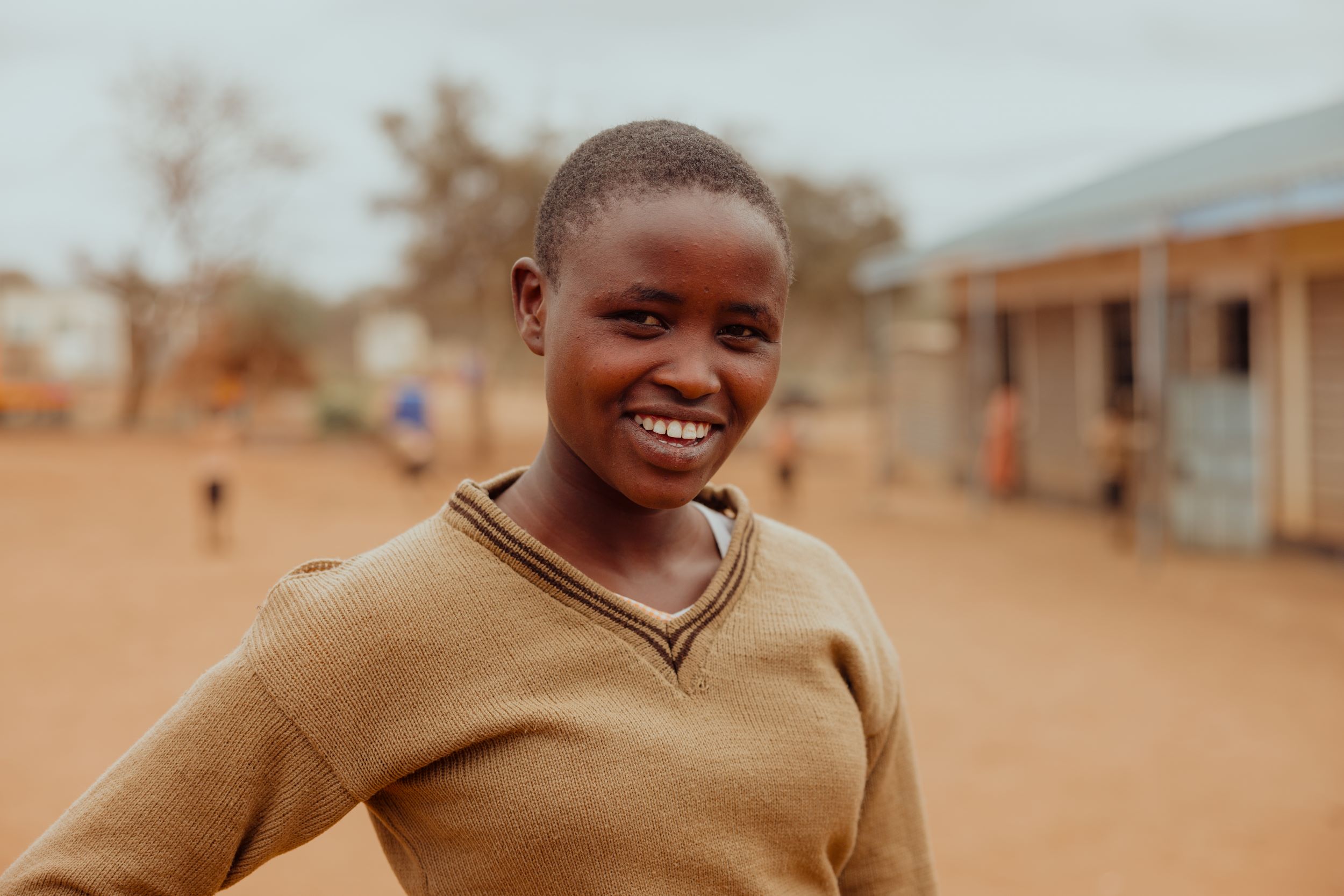
A safe place to go
“It frightens me. I am so afraid of FGM and early marriage as it would not benefit me at all,” says Lente, 12, one of the girls benefitting from Peninah’s work.
Thanks to her child sponsor, Lente can take part in activities that improve her physical and emotional wellbeing as well as strengthen her skills and education.
When Lente was first sponsored, the idea of child protection and girls’ rights was completely new to her. Now, after sessions with Peninah she has learnt about her rights and has a safe place to go if things go wrong.
“It frustrates me at times,” she says about the continuing existence of FGM. “We have been taught that FGM should stop since [it] affects girls and can lead to deaths... Also, FGM leads to child marriage, which is so unfair.”
Because of Peninah, Lente knows and understands that FGM and child marriage are wrong. Both are illegal in the country and numbers have declined, but they continue to be practiced. Lente is willing to stand up and say no when she sees them taking place.
“I can report [homes] that perform FGM on girls and get them married off at such an early age,”she says.
“I tell my family of the effects of FGM and I advise my friends to say no to it. I share this information to other people too.”
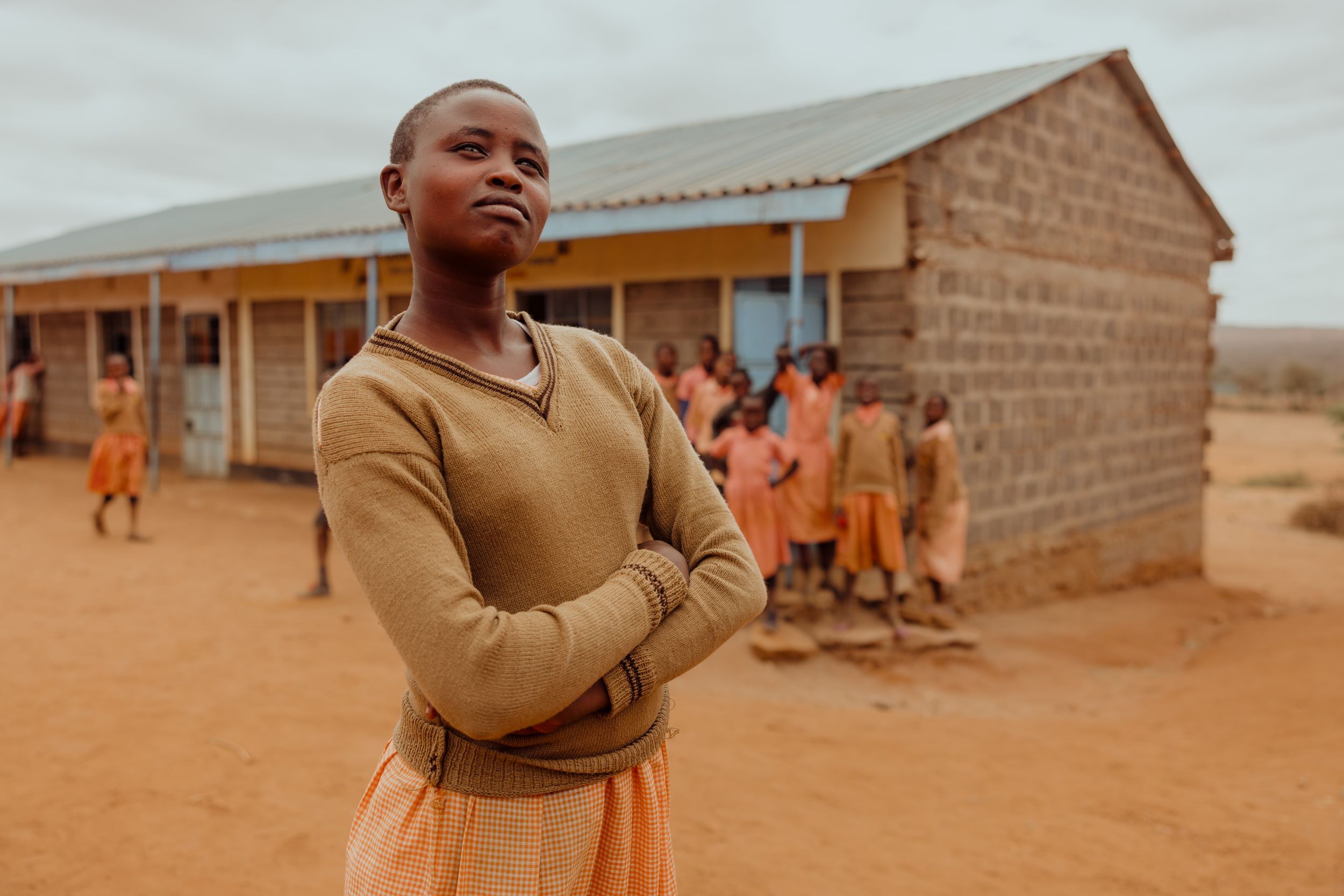
Fighting for girls’ rights
Through Child Sponsorship, supporters of World Vision are helping communities bring an end to harmful practices like FGM and child marriage.
Together, we’re fighting for girls’ rights. We’re fighting for Lente’s rights.
Her right to say no.
Her right to be safe.
Her right to stay in school.
Her right to have a childhood.
Will you join us as we fight for girls’ rights?
Find out more about Child Sponsorship below.

